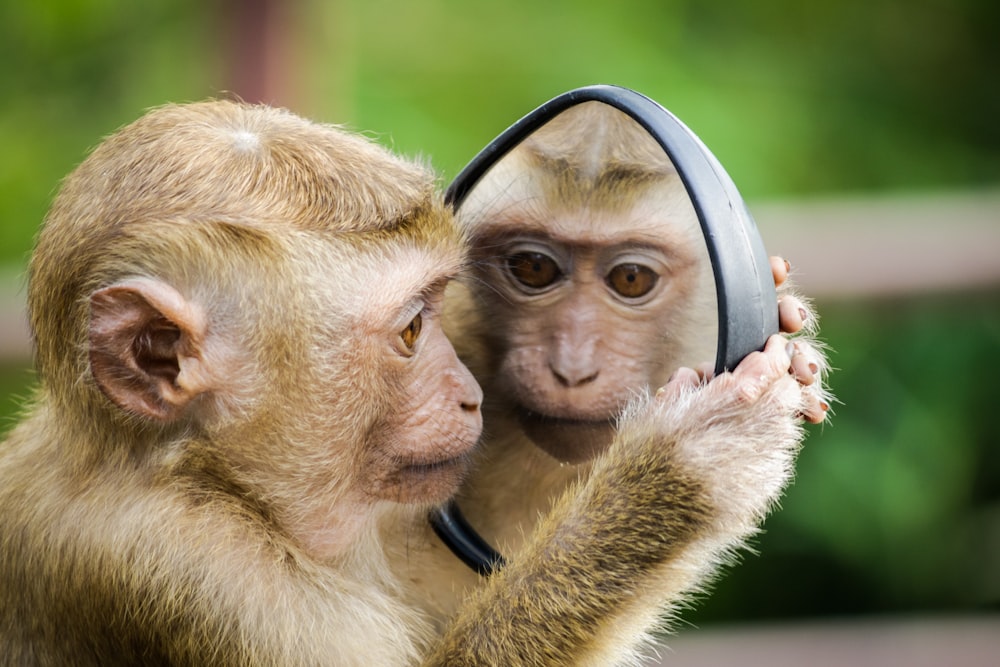How To Stop Making Stupid Mistakes
Maximize making good decision but minimizing bad ones
We all do things that we regret later.
Most likely you clearly remember the last thing you did that you regretted later. Recall it in your head for a quick moment.
Almost all of these kinds of decisions happen in a single moment of time.
Almost all of them happen on automatic.
All of them happen because of emotions or instinct.
Some of these things become habits, but even a habit starts from a single decision.
The mind is a wonderful servant but a terrible master.
— Old Asian proverb
The first step to solving any problem is awareness.

Even though, economists like to think of human behaviour as “rational” and “utility-maximising” — it is far from the actual reality.
We make most of our decisions automatically, driven by our emotions and instincts, which are made by the Monkey Brain or the Lizard Brain correspondingly.
The “monkey” part of the brain is in charge of processing our emotions.

Once you learn to see whether a particular decision was made out of emotions or instinct — you’re able to “recognise the monkey”. After that, you can start identifying the monkey after every decision you make.
But the key is, of course, not only to recognise, but to prevent the monkey from making bad decisions.
And, of course, it is easier said than done.
The problem with stopping a bad decision is that in the moment of an emotional outburst the monkey hijacks the brain and takes over the control of our behaviour.
In this kind of moment, we are not able to use logical parts of the brain. Not only do we become much stupider under emotions, but we also can’t control ourselves.
The monkey is behind the steering wheel.
It is impossible to take over the steering wheel from the monkey brain right in an emotional moment.
So in order to be prepared to tame the monkey, we need to prepare to “expect the monkey”.
Once we’re prepared, we are able to do something about it.
Here is one technique that might help.
We’ll call it Lincoln’s Unsent Letter. It’s based on the story of Abraham Lincoln’s example of anger management.
Shortly after the Battle of Gettysburg, Abraham Lincoln composed a letter to General George Meade in which he expressed profound disappointment in Meade's inability to pursue and destroy Robert E. Lee's army. Lincoln did not send the letter. Writing such correspondence and storing it away was a favourite coping mechanism of his.
Lincoln understood really well that being controlled by emotions will lead to making bad decisions.
One way to interpret why this works: in order to write an angry letter the monkey brain has to give priority to the human logical brain, which calms down the monkey and helps with making the right decision in the end.
There are many other methods you can try, breathing exercises, meditation, humour, physical activity etc. What is important is to turn it into your Default Mode in emotional situations.
Being prepared and knowing what to do in an emotional moment can help avoid making dramatic and regretful mistakes.
Here’s a step-by-step plan for preventing bad decisions made based on emotions:
Learn to “recognize the monkey”
Be ready to expect the monkey taking over controls
Calm the monkey down, e.g. by writing a Lincoln’s Unsent Letter, or just by cooling yourself down with breathing exercises or physical activity.
Thanks for reading and until next time 👋
